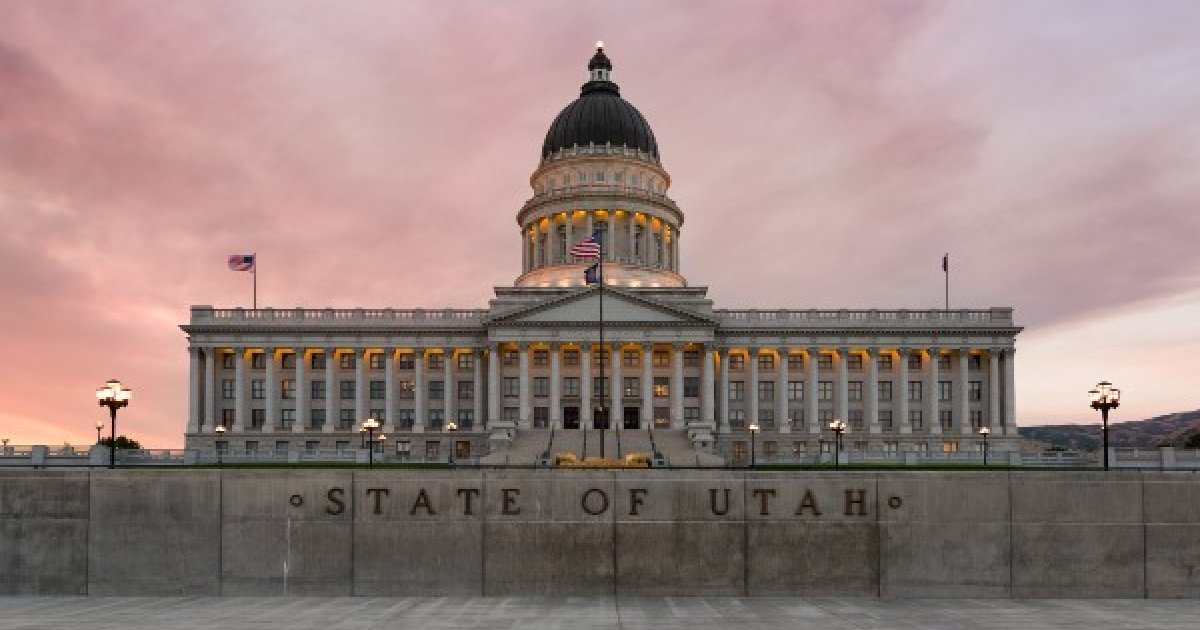Missouri has passed a law protecting the right of students to gather and speak on campuses across the state. On Wednesday, Missouri Gov. Mike Kehoe signed into law SB 160, which defends the freedom of student organizations to set leadership and membership requirements that are consistent with their beliefs.
Although the bill was later amended to include provisions unrelated to the student organization protections for which we advocated, the final law still marks a meaningful victory for students at Missouri’s public colleges and universities.
The First Amendment guarantees the right to freely associate with others who share their beliefs — or not associate with those who don’t. FIRE has consistently opposed policies that force student groups to eliminate belief-based membership rules to gain official college recognition. As we said in March when Utah signed similar protections into law, it makes little sense, for example, “to force a Muslim student group to let atheists become voting members or for an environmentalist student group that raises awareness about the threats of climate change to allow climate change skeptics to hold office.”
In a letter to Missouri’s legislature supporting SB 160, we explained that the right to associate freely extends to students at public universities and to the student organizations they form. The Supreme Court agrees, and has repeatedly upheld this principle, affirming in Healy v. James that public colleges cannot deny official recognition to student organizations solely based on their beliefs or associations. Similarly, in Widmar v. Vincent, the Court ruled that a public university violated the First Amendment by denying a religious student group access to campus facilities because of its religious beliefs.
However, the Court’s decision in Christian Legal Society v. Martinez upheld the constitutionality of “all-comers” policies — requiring student organizations to accept any student as a member or leader, even those who oppose the group’s core beliefs. But the ruling applies only when such policies are enforced uniformly. In practice, universities often apply these policies selectively. For example, some religious organizations have been forced to accept members and leaders who do not share their faith, while secular groups have been allowed to set their own membership and leadership requirements without administrative intervention.
This selective enforcement results in viewpoint discrimination. SB 160 is meant to correct that imbalance. It states that schools cannot take any action against a student association or potential student association:
(a) Because such association is political, ideological, or religious;
(b) On the basis of such association’s viewpoint or expression of the viewpoint by the association or the association’s members; or
(c) Based on such association’s requirement that the association’s leaders be committed to furthering the association’s mission or that the association’s leaders adhere to the association’s sincerely held beliefs, practice requirements, or standards of conduct.
With the enactment of this bill, Missouri joins a growing number of states strengthening protections for the First Amendment rights of student organizations on campus.
FIRE thanks Missouri lawmakers and Gov. Kehoe for affirming that students don’t shed their constitutional rights at the campus gates.


